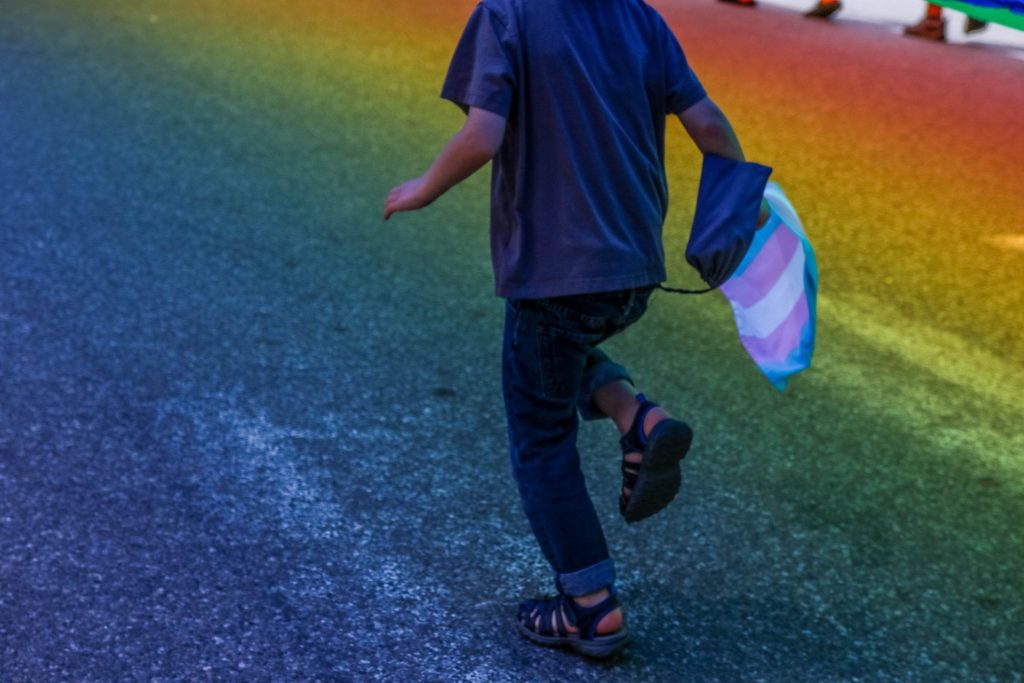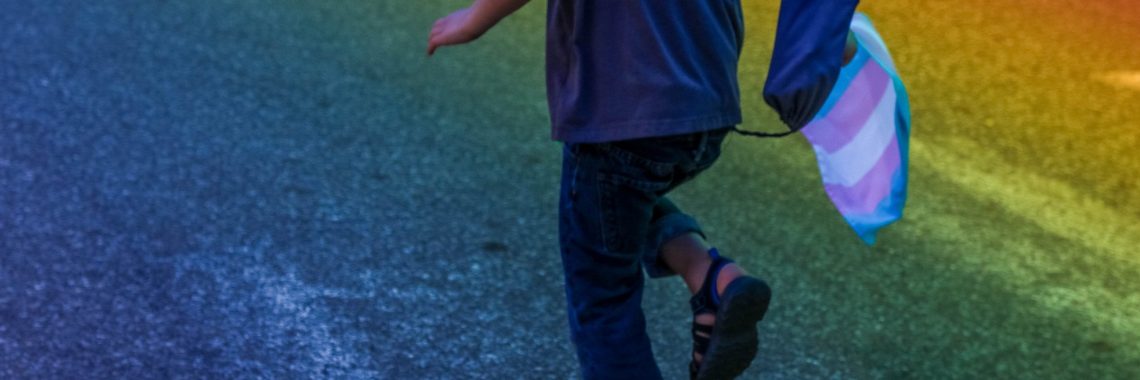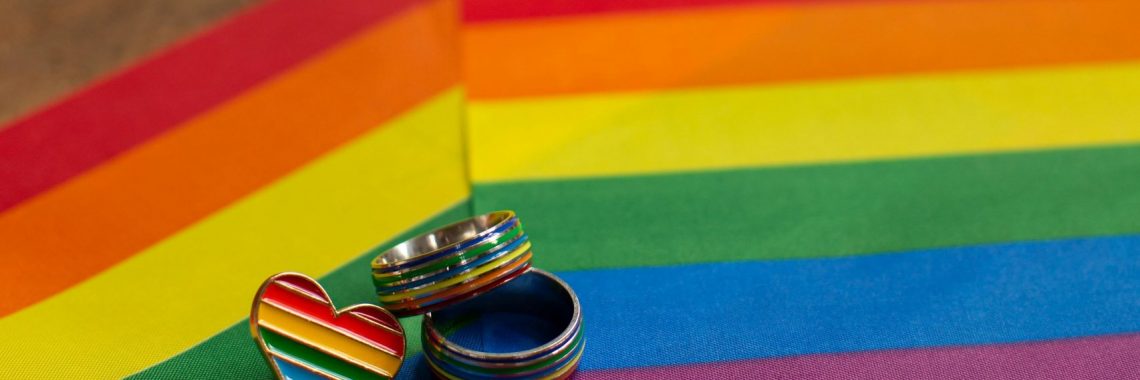Are Americans dropping their rainbow zeal because of a zealot takeover?
A few days ago, David Von Drehle of The Washington Post scolded pro-lifers for allowing so-called “zealots” to take over their movement after winning the victory of overturning Roe v. Wade. In the piece, he compared pro-lifers to the Khmer Rouge of 1970s Cambodia, which, after its victory, began murdering its own members for trivial “offenses.” In Von Drehle’s mind, pro-lifers who are now calling attention to the ethical problems with IVF are doing the same thing: allowing counterproductive radicals to take over the movement in the wake of a victory.
The irony here is that the kind of radical overreach Von Drehle is talking about is happening, just not in the pro-life movement. Rather, his analysis more closely describes another major political movement that, not too long ago, won a decisive victory at the Supreme Court. In the years since the Court redefined marriage for the whole country in 2015 in Obergefell v. Hodges, the LGBTQ movement has been overtaken by its most radical wing, who has demanded all kinds of new rights.
No sooner had marriage “equality” been achieved, these activists demanded “transgender equality” that included giving men access to women’s bathrooms and lockers, hosting “drag queen story hours” at libraries, providing tax-funded gender transitions, and indoctrinating kids and taking them away from their parents. Some relentlessly persecuted businesspeople, such as cake artist Jack Phillips and florist Barronelle Stutzman, for refusing to join their celebrations. And most began demanding the entire population adopt new language, obey pronoun requirements, and join various “pride” celebrations.
Perhaps then, we shouldn’t wonder that the years-long trend of growing support for so-called gay “marriage” has paused. Perhaps, it is even reversed.
A recent poll by the Public Religion Research Institute found that support for same-sex “marriage” dropped by at least two points last year, and support for “gay rights” anti-discrimination policies fell by four points. Also, opposition to businesses refusing certain services on religious grounds fell by five points.
Every major media outlet that reported on these findings quickly assured readers that a large majority of Americans still support gay “marriage” and “rights.” Still, this reversal is significant. It may even suggest a potential backlash, especially since even young Americans are losing their rainbow zeal. The PRRI study also found that those 18-29 are now eight points less likely to support nondiscrimination laws than they were in 2020. The LGBTQ movement, remember, has long prided itself on its high youth support.
At the same time, Pew Research reported that a growing majority of registered voters in the U.S. affirm that “a person’s gender is determined by their sex at birth.” In 2017, only 53% of voters thought gender was determined by sex. Today, 65% say it is—this after years of incessant preaching by activists and elites that gender is subjective and has nothing to do with a person’s body.
This is the movement that has experienced the sort of takeover by zealots that Von Drehle accused pro-lifers of allowing. In the days after Obergefell, LGBTQ activists decided the culture was theirs for the taking, and there was no longer anyone standing in the way of their broader agenda. The “T” in particular, whose proponents haven’t always had the best relationship with the “L” or the “G,” decided to piggyback off their success, but it appears to have backfired. At the very least, their cultural progress has stalled, and the movement is losing ground. Perhaps Americans have just tired of the preaching. Consider how “pride month” festivities this year seem a bit subdued.
The lesson here is one of cautious encouragement. The cultural ascendency of bad ideas is not inevitable, nor is it irreversible. Often, those bad ideas carry within themselves the seeds of their own destruction, which means there is no excuse to give up or stop telling the truth, even when it seems the tide of cultural opinion is against us. Tides tend to turn, and movements that win quickly tend to let it go to their heads.
This Breakpoint was co-authored by Shane Morris. For more resources to live like a Christian in this cultural moment, go to breakpoint.org.
Copyright 2024 by the Colson Center for Christian Worldview. Reprinted from BreakPoint.org with permission.
READ MORE






